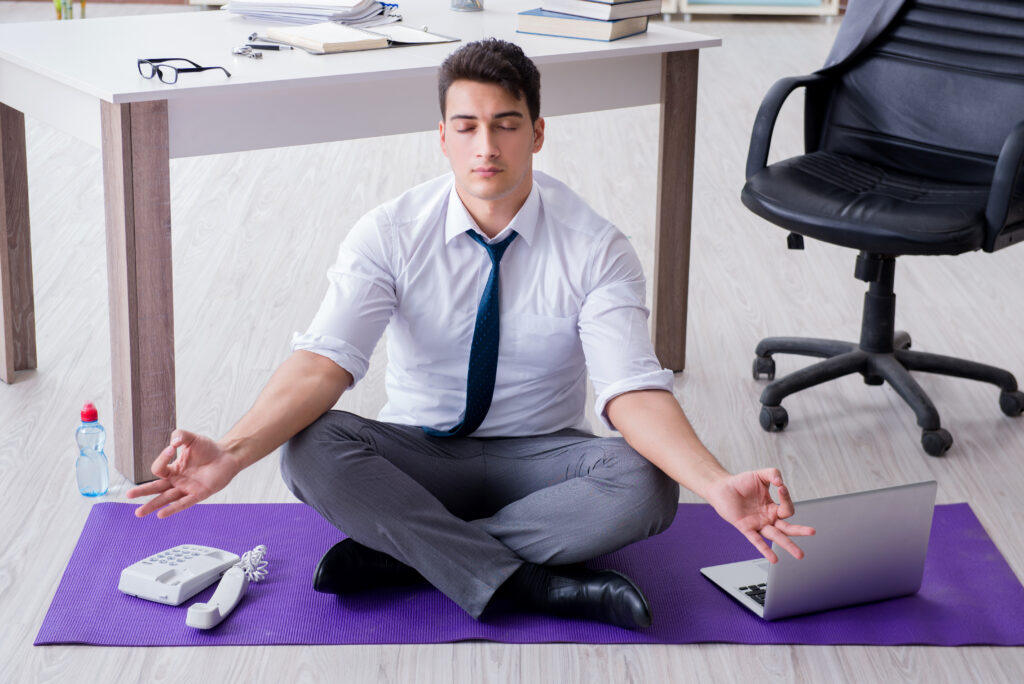Around 75% of Americans feel stressed out. Feeling stressed out can inhibit your ability to think clearly, make decisions, and enjoy your life.
So what’s the key to relieving stress, and what are some of the best stress relievers you can use to combat stress?
If you want to learn more about how to alleviate feeling stressed, keep reading.
Causes of Stress
Stress is your body’s response to events in your life that cause you a lot of pressure. Your heart rate increases, you feel anxious, lose sleep, get headaches, become emotionally unstable, or have brain fog. While some stress encourages you to get things done negative sources of stress cause problems.
Common causes of stress might include:
- Job loss
- Work anxiety
- Loss of a loved one
- Illness
- Relationship problems
- Financial concerns
- Family dysfunction
- Children
- Career change
- Moving
Everyone perceives certain life events differently. What might be particularly stressful for one person, may not be for another.
Severe stress symptoms may lead to unhealthy and unwanted behaviors like smoking or excessive drinking, overspending money, panic attacks, withdrawing from family or social situations, or binge eating.
10 of the Best Stress Relievers
Learning to relieve stress in a healthy and beneficial way can offset severe behaviors. Here are 10 ways you can start managing your stress today.
See a Therapist
Talking to a therapist or counselor about the stress in your life may help you make sense of your feelings. They may also offer you tools and tips to manage your stress at work, at home, and in relationships.
If you’re under a lot of stress most of the time, consider talking to someone on a regular basis, perhaps weekly or a couple of times a month.
Exercise
Exercise induces endorphins, which are chemicals responsible for feelings of happiness. If you live a more sedentary life, consider adopting an exercise routine like walking, running, or joining a gym.
Yoga, in particular, is a great stress reliever because it lowers blood pressure and encourages meditation. It lowers cortisol levels as well.
Coloring Books
You might think coloring books are for children, but over the past few years, coloring books for adults have taken off. The act of coloring reduces anxiety and even may help manage those with PTSD.
Adult coloring books are more intricate, so the coloring takes time and patients, producing a calming effect.
Baths
If you have a job that causes aches and pains in your body, consider unwinding with a warm, Epsom salt bath at the end of the day. Salts nourish your skin and the relaxing warm water helps you calm down after a long day.
Epsom salts come in a variety of scents that impact your mood like citrus and floral. Some are even formulated to help with high levels of stress with scents like eucalyptus.
Plants
For some people, keeping plants alive can seem more like a chore than a stress reducer. However, instead of channeling stress into unhealthy behaviors, some therapists recommend caring for plants.
Caring for a plant allows you to take all your negative stress and use it to nurture plants. Watching something grow and tending to it may help reduce your stress and use it for good. This is especially true for people who’ve suffered traumatic events.
Diet
Your diet may be causing increased and unnecessary stress. If you eat a lot of processed foods or drink copious amounts of caffeine, you might be increasing your stress levels. Additionally, you miss out on important nutrients that your body needs if you’re not eating a regular healthy diet.
Take a look at the foods you eat daily and see where you can tweak your diet. Incorporate more fruits, veggies, meats, and seeds to give you various nutrients. Cut back on caffeine or alcohol if you consume too much per day.
Reduce Screen Time
For many people, screens are a part of their life especially when it comes to working. You may spend a lot of time on screens like computers or phones, corresponding to and sending emails. This excess screen time may be the cause of some mental disorders, a screen addiction, and induce a lack of sleep.
If you can, try to reduce your screen time if you’re spending too much time on screens outside of work. Some screen time is necessary for work, but outside of work, it may begin to contribute to your stress. Set time limits for how much recreational screen time you want to have.
Create Boundaries
For many people, excessive stress comes from an inability to draw boundaries in their work and in relationships. Some people are naturally, ‘Yes’ people, when they really need to say no.
If you find that you constantly say yes to everything, perhaps it’s time to draw some boundaries around what you can and cannot do. Eliminating the feeling that you need to do everything will greatly reduce your stress level.
Deep Breathing
Your sympathetic nervous system is associated with stress. It increases your heart rate, creates tension, and heightens your blood pressure.
Deep breathing exercises slow down your sympathetic nervous system and help you enter a state of calmness. When you’re calm, you’re more likely to make better decisions and not feel the effects of stress as much.
Stop Feeling Stressed Today
When you’re feeling stressed, try some of the best stress relievers to get your mind clear and your body calm. Only then can you make better decisions and lower feelings of anxiety in your life.
Do you want to learn more about how to live a happier life? Visit our Happiness page today to read more tips and tricks.
